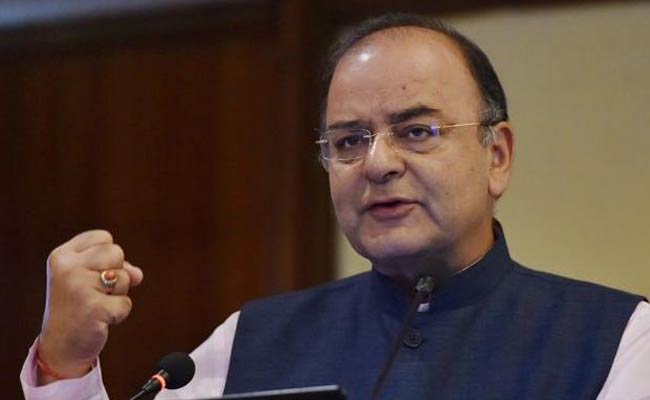Last week, Mr. Kushner and Bannon the controversial conservative media executive met with British Foreign Minister Boris Johnson.
Mr. Kushner and Mr. Bannon have also worked closely on issues related to Israel, including discussions over moving the U.S. Embassy to Jerusalem, which could inflame tensions in the Middle East, and on the Trump administration’s response to a United Nations Security Council measure condemning Israeli settlements.
Those with knowledge of Mr. Kushner’s role spoke on the condition of anonymity because they were not authorised to publicly discuss internal matters.
The anti-nepotism law had appeared to be the main obstacle to Mr. Kushner joining the White House. In arguing that the measure did not apply to the West Wing, Ms. Gorelick cited an opinion from two federal court judges in a 1993 case involving Hillary Clinton’s work on her husband’s health care law. She said Mr. Trump planned to seek an advisory opinion on the nepotism law from the Justice Department’s Office of Legal Counsel.
Ms. Gorelick worked in the Clinton administration at both the Pentagon and Justice Department.
Norman Eisen, who served as President Barack Obama’s government ethics lawyer, said there is a “murky legal landscape” regarding the anti-nepotism law. But he said Mr. Kushner appeared to be taking the proper steps regarding the ethics and disclosure requirements for federal employees.
Like his father-in-law, Mr. Kushner pushed a mid-sized real estate company into the high-stakes battlefield of Manhattan. Though he is often viewed as more moderate than Mr. Trump, people close to him say he fully bought into the Trump campaign’s fiery populist message that resonated with white, working—class voters. He never publicly distanced himself from Mr. Trump’s more provocative stances, including the candidate’s call for a Muslim-immigration ban and his doubts about President Barack Obama’s birthplace.























